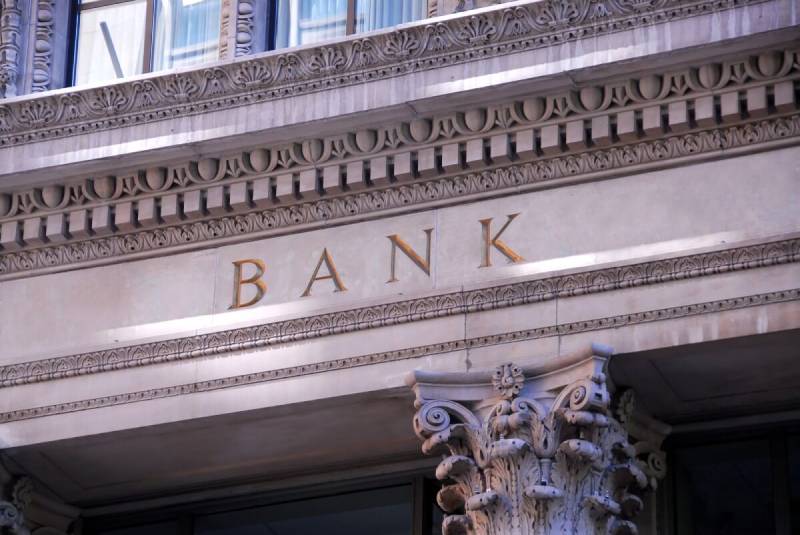Have you been able to keep your mind clear? Have you kept your time-limited output and attention focused on your East Coast business?
I hate to repeat myself, but this is so critical during these globally anxious days. Your business, your team – your FAMILY – is riding on how you manage your most precious resource: your attention.
So as things continue to escalate in this war, I want to, once again, encourage you to reduce your time in the swirl of breaking news and around-the-clock social media alerts. These things (while providing helpful information) only serve to distract you from the activities that will make the most difference for you and your East Coast business. Hold fast.
Okay … so along those lines (and speaking of critically important tasks), if you haven’t yet set up an appointment to get your tax filing rolling, we suggest you get on that pronto. You can grab a time here:
(412) 856-8799
For my missive today, I thought I might reorient your focus around the most important components of your business’s financial fortress – your banking partner and your business bank account.
Let’s talk about it.
Business Bank Account Basics for East Coast Business Owners
“A banker is a fellow who lends you his umbrella when the sun is shining but wants it back the minute it begins to rain.” – Mark Twain
We’ve all had personal bank accounts for most of our lives, but it’s amazing how with all the other concerns of starting and running a company that getting a good business bank account can fall off your to-do list.
Your bank is one of the most important institutions outside of your own small business. Our series on personal versus business financial management kicks off with the key differences between bank accounts for you and for your East Coast business – and what to look for in this critical service.
Separate but not equal
Here’s what you can expect when you look for your first business bank account. If you’ve already got your business up and running, here are some things your current bank might be able to do better…
To open your account, get your federal and state tax ID numbers, aka your Employer Identification Number (EIN). Also, get together the documents that you filed for when you formed your company.
Unlike a personal account, a business bank account separates – and protects – your work assets and liabilities from the rest of your finances. It streamlines tracking money and doing your taxes and makes getting money for future growth easier.
Business bank accounts typically give you checking, savings credit card accounts and a merchant services account that allows you to do credit and debit card transactions from customers. Other perks should include multiple credit cards for your employees and merchant services that keep customers’ personal info secure (meaning they won’t blame you if something goes wrong). You’ll probably also get a line-of-credit option for your company larger than what you’d get in a personal account.
The debit’s in the details
You might think about opening a business account in the same bank where you have personal accounts. There are plusses to having all eggs in one basket – like more ways to waive fees.
Rates, fees, and other details vary from bank to bank – like everything else in business, you’re looking for the most for your money. Shop around and always read the fine print.
Introductory offers. The name says it all. These will resemble the draws banks use to attract customers for personal accounts, such as cash bonuses for opening an account or maintaining certain levels of balances or deposits. Bank bonuses (which are taxable, by the way) can sometimes be higher if you use the same bank for business and personal banking. Minimum opening deposits can be anything from zero to five figures.
Interest rates. These vary according to the type of account for checking or savings but are often around half a percentage point or less annual percentage yield (APY). Rates for lines of credit, of course, are significantly higher. Outside banks, American Express now offers a business checking account that pays more than 1% APY. So as always, shop around and don’t be afraid to think outside the financial box …
Fees. Banks love these – too few transactions, closing an account before you agreed, dropping below the minimum balance … here comes a fee – and to a degree, there’s no getting around them. Maintaining the minimum balance is generally your best defense against service fees (as with personal accounts), and some banks might cut you some slack if you keep a personal account in the same bank.
Merchant services accounts. These come with a ton of details such as discount rates (the percentage charged for every transaction processed) and fees for transactions, address verification services, and daily batch processing for your credit card transactions on a given day. There are often fees if your business doesn’t hit the minimum required transactions in a period, usually a month.
So generally, you want as few charges and fees as possible, a competitive interest rate, unlimited transactions, good online and mobile banking platforms, and convenient access to your company money.
Your business nest egg
Also, think about a business savings account. Even established businesses sometimes forget about these. When you can cover your payroll and keep the lights on, this additional account allows you to stash extra money for expansion and other long-term moves.
Think of it as a way to invest in your own company that comes in handy if you’d prefer not to take out an expensive loan.
Typically, they yield more than personal savings accounts – but do come with the usual catches of fees, limited withdrawals, and minimum initial deposits and balances. Business savings accounts are especially popular with online banks.
Next in our series: The differences between business and personal debt.
Know what your business bank account can do for you. Understanding what’s available and how to capitalize on the benefits it offers means financial well-being – and that’s essential for a healthy business.
Want to talk about your banking situation with someone you trust? We’re here when you’re ready.
(412) 856-8799
In your financial corner,
Buccigrossi and Associates
(412) 856-8799
Buccigrossi & Associates, LLC






